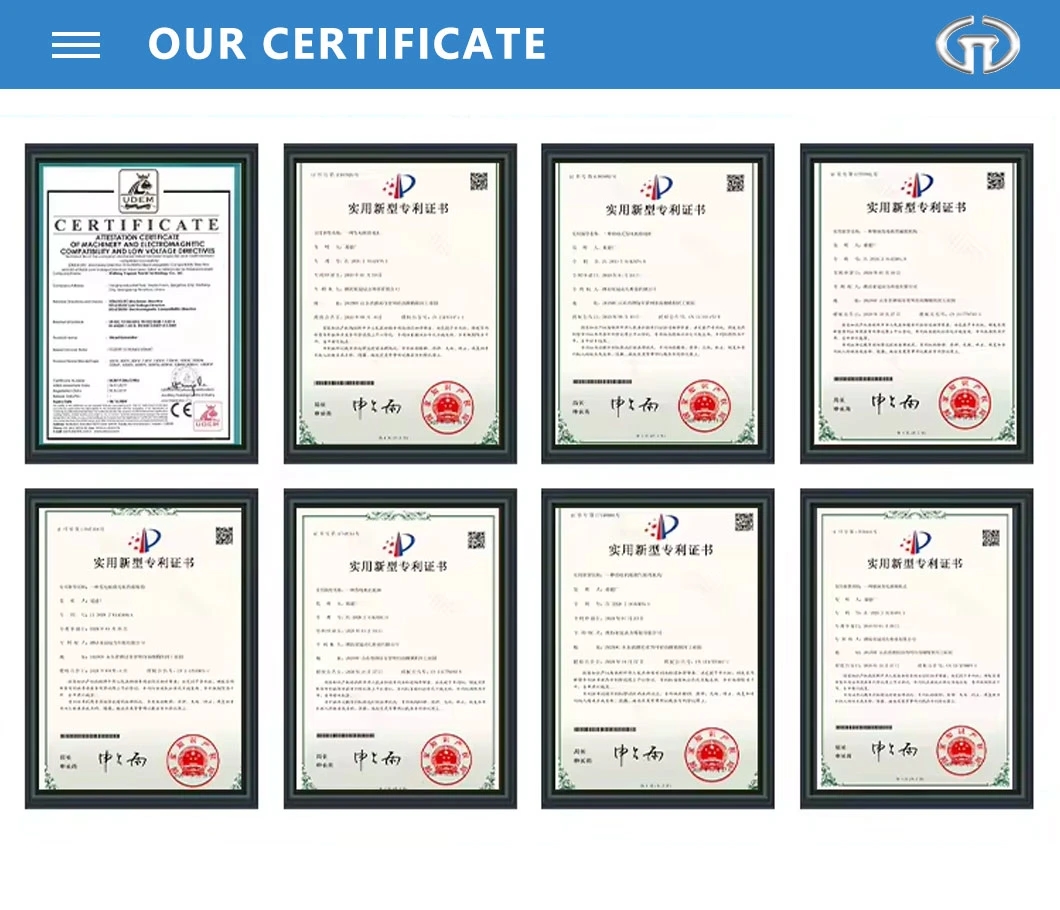Leveraging Diesel Generators for Reactive Power Support in Electrical Systems

Introduction:
In the realm of electrical power systems, maintaining a balance between reactive and active power is crucial for ensuring the stability and reliability of the grid. 300kw diesel generator , although not resulting in useful work output, plays a vital role in maintaining voltage levels, improving system efficiency, and ensuring the overall quality of power supply. One of the effective ways to provide reactive power support is through the utilization of diesel generators. This article delves into the significance of reactive power, the role of diesel generators in providing reactive power support, and the benefits and challenges associated with this approach.
Understanding Reactive Power:
Reactive power is an essential component of electrical power systems, alongside active power. While active power is responsible for performing useful work such as driving motors, lighting bulbs, and heating elements, reactive power is required to establish and maintain the electromagnetic field necessary for the operation of inductive loads such as motors, transformers, and reactors. In simple terms, reactive power is the power that oscillates between the source and the load due to the energy storage and release characteristics of inductive and capacitive elements in the system.
The unit of reactive power is volt-ampere reactive (VAR), and it is denoted by the symbol Q. Reactive power is measured in units of VAR or kilovolt-ampere reactive (kVAR) in practical applications. In an ideal power system, the reactive power supplied by the generators must be equal to the reactive power consumed by the loads to maintain a power balance and ensure voltage stability. Any imbalance in reactive power can lead to voltage fluctuations, increased system losses, reduced efficiency, and potential equipment damage.
Reactive Power Support:
Maintaining the required levels of reactive power within the power system is essential to ensure voltage regulation, minimize voltage fluctuations, and enhance the overall system performance. Reactive power support can be provided through various means, including shunt capacitors, synchronous condensers, static VAR compensators (SVCs), and dynamic VAR compensators (DVCs). Additionally, diesel generators can also serve as a reliable source of reactive power support when integrated into the system in a controlled manner.
Diesel Generators for Reactive Power Support:
Diesel generators are commonly used in power systems for supplying active power during grid outages, peak demand periods, or in remote locations where grid connectivity is limited. However, these generators can also be harnessed to provide reactive power support under specific operating conditions. By adjusting the excitation system of the generator, it is possible to control the amount of reactive power injected into the system, thereby aiding in voltage regulation and stability.

The ability of diesel generators to supply reactive power stems from the inherent characteristics of synchronous generators. Synchronous generators, which are commonly used in diesel generator sets, have the capability to produce both active and reactive power simultaneously. By manipulating the field excitation of the generator, the magnitude and direction of the reactive power output can be controlled to meet the system requirements.
Benefits of Using Diesel Generators for Reactive Power Support:
1. Voltage Regulation: Diesel generators can help in stabilizing voltage levels within the power system by providing the necessary reactive power support. This is particularly important during transient conditions or in systems with fluctuating loads.
2. Grid Support: In situations where the grid is experiencing voltage sags or swells, diesel generators can step in to supply reactive power and maintain grid stability until the issue is resolved.
3. Reducing System Losses: By optimizing the distribution of reactive power within the system, diesel generators can help in minimizing transmission losses and improving overall system efficiency.
4. Backup Support: In addition to their primary role of supplying active power, diesel generators can act as a reliable backup source for reactive power support in case of contingencies or emergencies.
Challenges Associated with Using Diesel Generators for Reactive Power Support:
1. Fuel Consumption: Diesel generators consume fuel to operate, and supplying reactive power adds to their fuel consumption. This can lead to increased operational costs and environmental concerns, especially in scenarios where diesel generators are used continuously for reactive power support.
2. Control and Coordination: Proper coordination and control mechanisms are essential to ensure that diesel generators provide the required amount of reactive power without causing voltage instabilities or system imbalances. Implementing effective control strategies can be complex and requires careful planning.
3. Maintenance and Reliability: Like any other mechanical equipment, diesel generators require regular maintenance to ensure optimal performance. The additional stress of supplying reactive power may impact the generator's reliability and longevity, necessitating proactive maintenance practices.
4. Integration Challenges: Integrating diesel generators for reactive power support into existing power systems may pose technical challenges related to synchronization, protection, and grid compatibility. Proper system studies and engineering assessments are necessary to address these integration issues effectively.
Conclusion:
In conclusion, diesel generators can serve as a valuable resource for providing reactive power support in electrical systems, contributing to voltage regulation, grid stability, and system efficiency. By leveraging the inherent capabilities of synchronous generators and implementing appropriate control strategies, diesel generators can effectively supplement the reactive power needs of the grid. However, careful consideration must be given to the associated challenges such as fuel consumption, control complexities, maintenance requirements, and integration issues. With proper planning, coordination, and maintenance practices, diesel generators can play a significant role in enhancing the reliability and performance of power systems through reactive power support.
